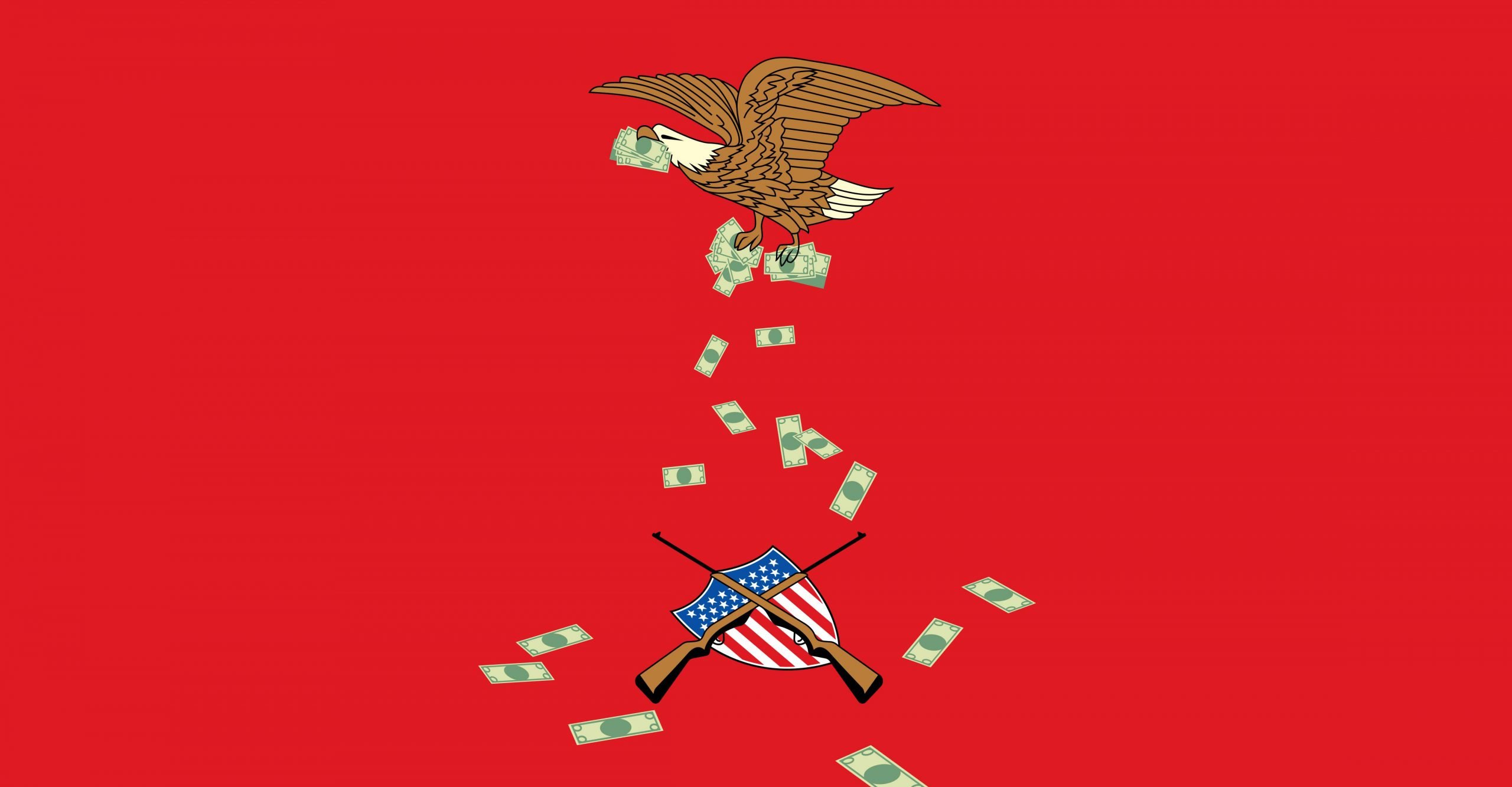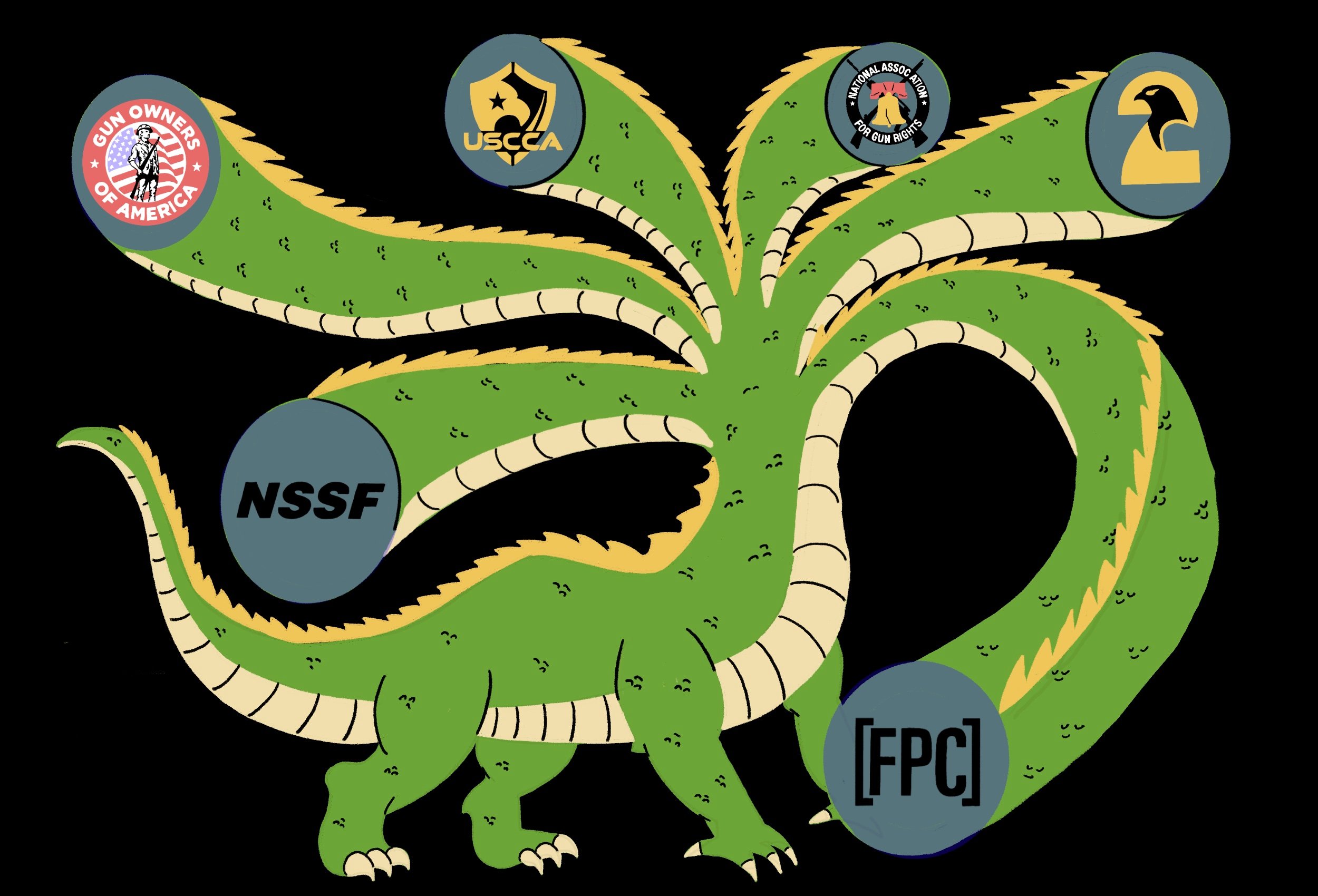The National Rifle Association owes the Internal Revenue Service an estimated $3.4 million in taxes and penalties, according to documents filed in the gun group’s bankruptcy case.
That figure represents the biggest claim by any creditor yet to come forward in the bankruptcy, which is before a Texas court. And it suggests that the IRS is applying additional scrutiny to the NRA, which the agency regulates by virtue of the group’s nonprofit status.
The IRS seeks over $1.1 million in excise tax on payments the NRA made between 2014 and 2018, according to the agency’s February 9 filing. Excise taxes can be levied on nonprofits as a penalty for prohibited transactions, said Philip Hackney, a former IRS attorney and associate law professor at the University of Pittsburgh School of Law. However, Hackney said the filing lacked the detail necessary to determine just what kind of excise tax the IRS had applied.
Hackney noted that the IRS is seeking the same amount in excise tax — $226,267 — each year for 2014 to 2018, which suggests that the levy relates to a single, repeat item.
“It clearly indicates that the IRS has been looking at the NRA,” he said of the filing. “It appears that the IRS has assessed some amount, and the NRA is disputing that amount.”
The NRA has yet to pay more than $1.7 million in payroll taxes so far this year, the filing also indicates, but Hackney said it’s likely that the group had properly withheld those payments.
The filing does not detail taxes or penalties being sought from individual NRA executives, Hackney said. As The Trace reported in November, the NRA acknowledged in its most recent annual tax filing that its assets had been improperly diverted to pay for the travel, meal, and entertainment expenses of top leaders. As a penalty, the IRS can apply an excise tax to the value of such improperly paid benefits. In its tax filing, for instance, the NRA reported that chief executive Wayne LaPierre had repaid the gun group $300,000 for benefits he’d received from 2015 to 2019 and that he personally owed the IRS an estimated $75,000 in penalties.
In announcing its bankruptcy plan last month, the NRA said its finances were sound and that the purpose of the move was to resolve legal disputes and reorganize in Texas, where the group has powerful allies in state government. The NRA is chartered in New York State and has accused leaders there of waging a political vendetta against the gun group.
In August, New York State Attorney General Letitia James filed a lawsuit against the NRA that details potential violations of federal tax law by the organization and individual executives, including LaPierre. At the time she filed her suit, which seeks to dissolve the gun group, James referred her findings to the IRS. In October, The Wall Street Journal reported that the IRS was investigating LaPierre for criminal tax fraud involving his personal taxes.
Neither the NRA nor LaPierre’s attorney responded immediately to requests for comment. An IRS spokesperson said the agency can’t comment on matters involving individual taxpayers.

